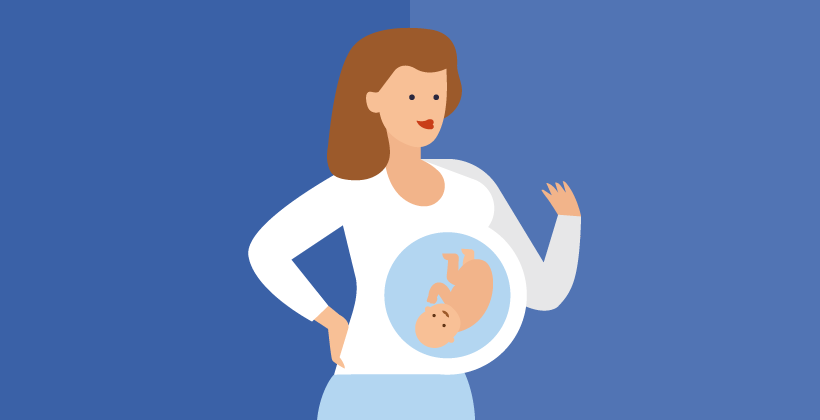Your health before pregnancy will affect lifelong health of your baby. By following advice below you can improve your fertility, protect your baby’s future health and bring down risk of problems in pregnancy.
An 8-Step Checklist For Pre-Pregnancy Planning
1. Have a healthy balanced diet
- Eat whole-grain high fiber foods
- Eat more fruits and vegetables including Lentils(dal) and beans.
- Avoid saturated “bad” fats such as fried foods, pastry, biscuits, and cakes.
- Eat more unsaturated good fats like dry fruits and nuts.
- Avoid sugary food and drinks such as fizzy drinks.
2. Reach and maintain healthy weight
Ideal BMI of 18.5 to 24.9 also increases chances of conceiving and reduces risk to mother and baby.
High BMI increases risk of preeclampsia (high blood pressure), gestational diabetes ( diabetes in pregnancy),thrombosis( blood clots),premature birth, longer labour ,emergency caesarean section and heavy bleeding after birth.
Risk for the baby that are linked with high BMI are miscarriage,premature baby( need for long nursery stay),still birth, baby with high birth weight and obesity and type 2 diabetes in later life.
3. Take Folic Acid
Start taking folic acid now, it needs time to build up in your body. It is ideal to start 400 mcg folic acid 2 to 3 months before conception. It reduces birth defect (neural tube defects: problem with brain and spinal cord) by 70%.
4. Follow a fitness routine
Become more physically active such as fast (brisk) walking, jogging, swimming or yoga for 150 to 300 minutes per week (30 minutes a day)
5. Limit caffeine intake
Cut down on caffeine Limiting to 200 mg a day
6. Give up on alcohol and smoking
If you smoke or drink alcohol, quit or cut down
7. Quit Drugs
If you take drugs, Stop
8. Check that you had the MMR vaccine against rubella
- See your dentist: pregnancy raises your chances of gum disease, and dental caries is associated with increased chances of premature birth.
- Talk to your doctor about
- pre-existing conditions such as diabetes , asthma, heart disease,epilepsy, or mental health problem
- any medications you are taking( certain medicines can cause birth defect)
- Previous pregnancy complications such as repeated miscarriage, a birth defect in the baby, diabetes, or high blood pressure in a previous pregnancy.
- Family history of genetic diseases.
Most women do not prefer to visit a specialist until they are at least eight weeks pregnant, but consulting with a gynecologist after a positive pregnancy test is always a wise idea to start your pregnancy.



Recent Comments